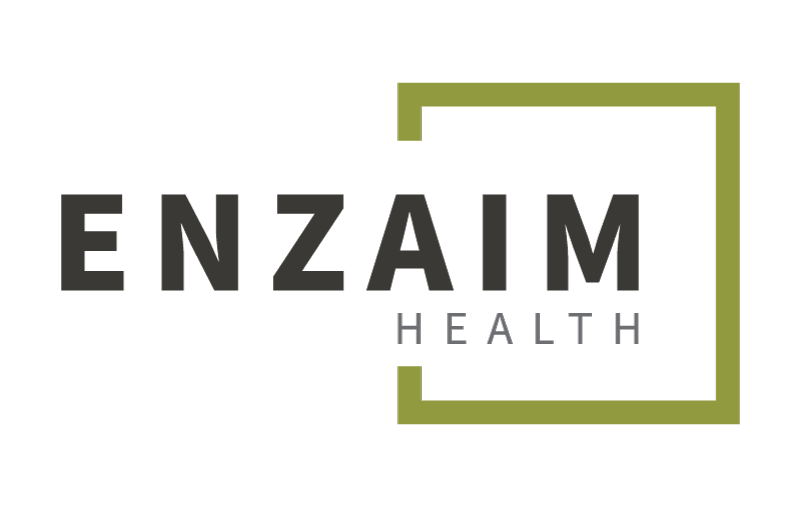
헬스케어 이슈를 글로벌 시각으로 바라보는 'Health Zoom In(헬스줌인)'
'헬스줌인'에서는 원어민 의사(M.D.) 찰리 비튜라웡(Charles Viturawong) 매니저가 국내외 헬스케어 산업과 관련된 트렌드와 인사이트를 소개합니다. 찰리 비튜라웡 매니저는 현재 엔자임헬스에서 의학 프레젠데이션 및 의학 논문 코칭 서비스 '닥터잉글리시(Dr.English)'를 담당하고 있으며, 헬스케어 의학 자문과 글로벌 헬스케어 리서치를 활발하게 진행중입니다.
Learning Language: Digital vs Analog
One of the things I do at Enzaim Health is a program called Dr. English, where we help doctors who are publishing their academic papers or presenting them at conferences with English language support, whether it be editing, assistance with pronunciation, content review, etc. I’m often asked for advice on how to learn English, and the other day, I came across a paper that looked at an interesting question related to that.
The paper (behind a paywall), published in the journal Psychological Science, explored whether writing by hand helped to improve language learning more than typing or watching a video. I don’t want to get too deep in to the details of the paper, but basically, they found that beginner adult language learners did better at learning letters if they hand-wrote them instead of typing or watching a video. They also did better at spelling and reading. Now, anyone reading this blog post is well beyond the beginner level of the participants of the study, but I think the findings still have meaning. Other studies have found a similar advantage for reading on paper vs. a screen in terms of comprehension, recall and learning.

Of course, digital media have advantages too for language learners. For example, typing on a word processor provides spell and grammar check, e-book readers often have built in dictionaries, and web browsers provide quick access to extra information. But perhaps these extra conveniences are what give analog approaches their advantage. It is all too easy to get distracted following link after link or to mindlessly accept changes from the spell and grammar checks without thinking about what the mistake was. Learning requires time, dedication, and focus, and doing things the “slow way” with pen and paper forces you to devote those resources.
In the end, the two different approaches have different advantages and disadvantages, so one probably isn’t clearly superior to the other. Instead, they are complementary and learners should take advantage of both. Just some food for thought.
Editor
Charles Viturawong/manager
Medical Education and International Communication Team
'_Enzaim Insight > Enzaim Column' 카테고리의 다른 글
| [헬스케어칼럼] Health Zoom In -Digital Therapeutics? (0) | 2021.11.26 |
|---|---|
| [헬스케어칼럼] Health Zoom In -'Work, how much should we be doing?' (0) | 2021.09.29 |
| [헬스케어칼럼] Health Zoom In - 'The Vaccine is Here!' (0) | 2021.03.04 |
| THE PR 백신 커뮤니케이션 좌담 ①~③ - 김동석 엔자임헬스 대표, 김희진 연세대 보건대학원 교수, 유현재 서강대 지식융합미디어학부 교수 (0) | 2021.02.08 |
| [헬스커뮤니케이션닥터] 코로나19 백신, 소통의 성공 조건 (0) | 2021.01.20 |




